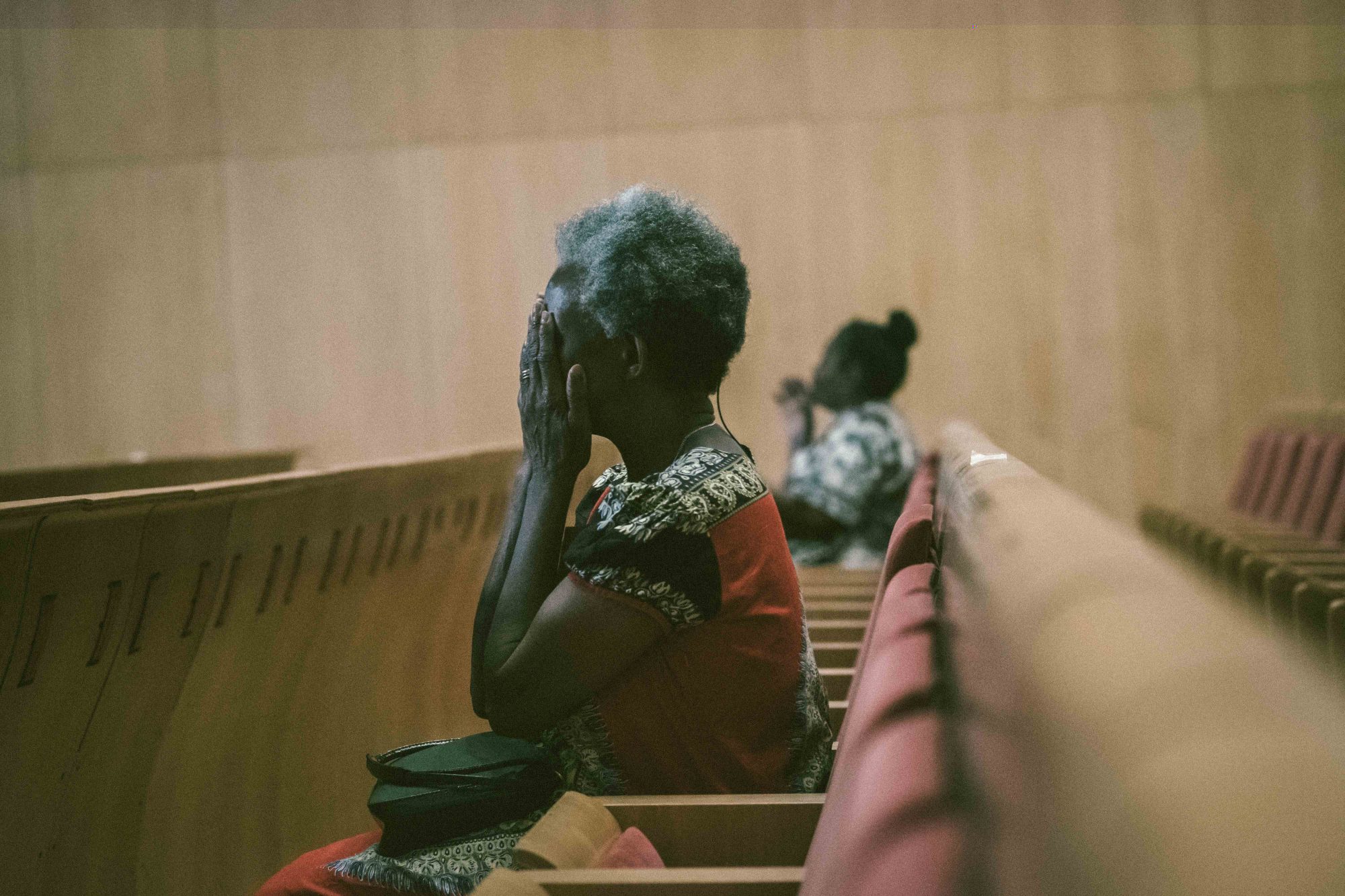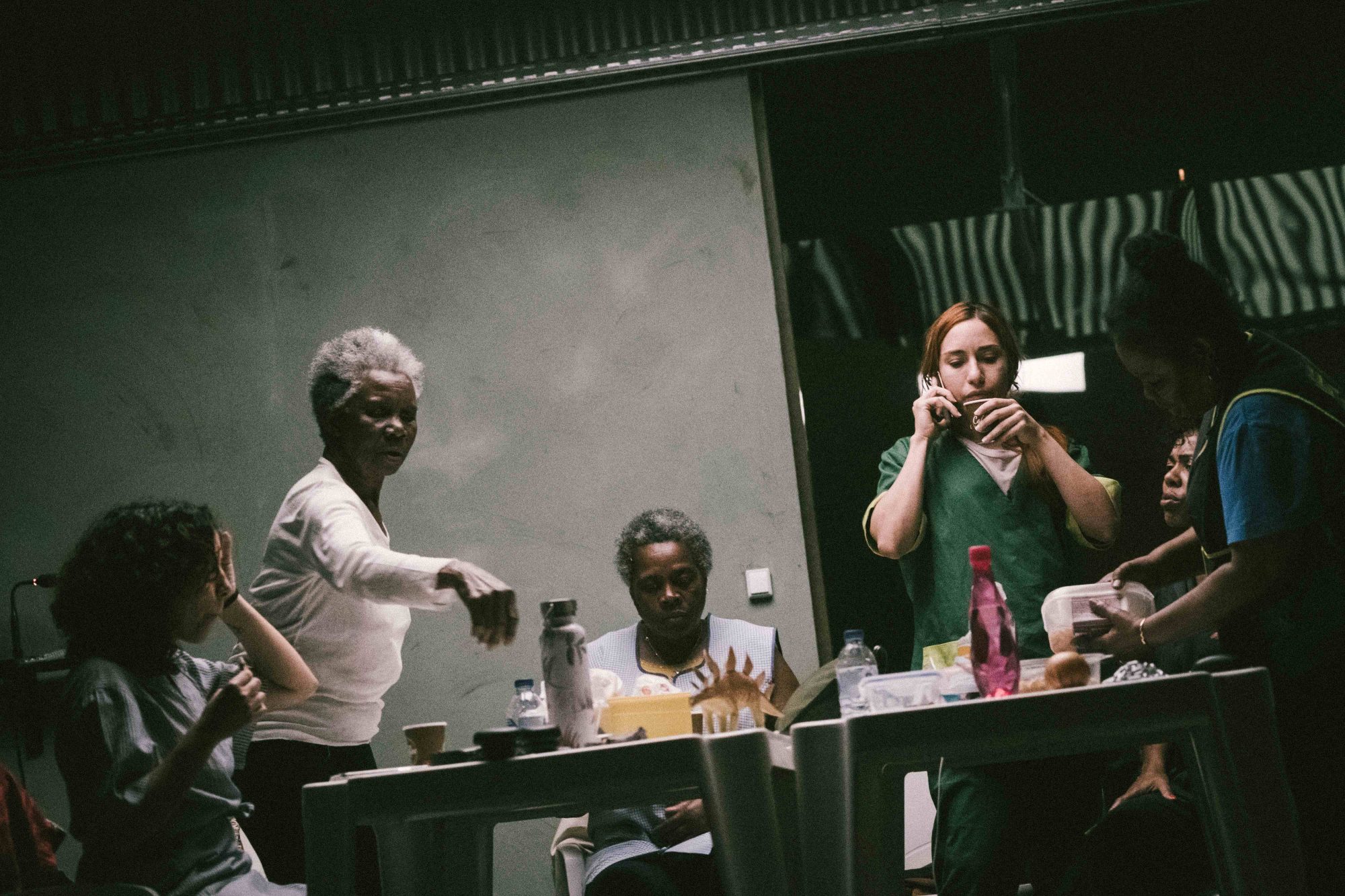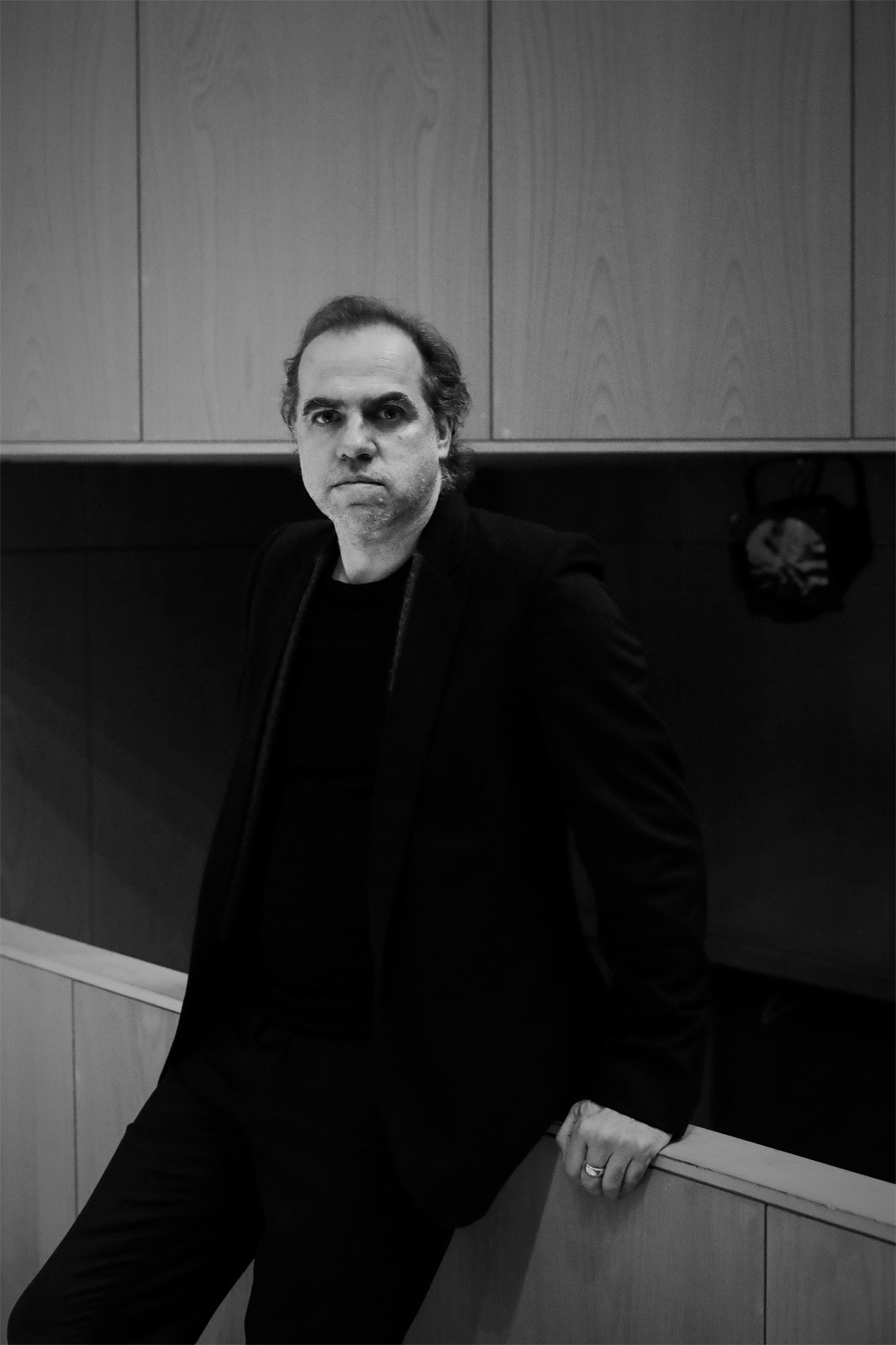Pendulum – by Marco Martins
Synopsis
The invitation for this project came from Artemrede, a cultural cooperation project with 15 years of uninterrupted activity whose work is focused on the territories’ specificity by supporting artistic creation.
Artemrede operates in 17 municipalities bordering Lisbon, also characterized by being dormitory towns, where thousands of people live and commute daily to the city to work in the services’ field – a pendulum movement.
This project, in co-production with Teatro São Luiz, will be focused on social services providers, caregivers and the physical and social conditions in their lives and will depart from a cast of 10 women – non-professionals inhabitants of those 17 municipalities – who work as service and domestic providers.
This Arte em Rede territory is largely inhabited by first, second and third generation migrants from the former Portuguese colonies in Africa. As home carers, these women dedicate their lives to taking care of other families or individuals. Far from their home culture, in their work, these women find a detachment from their previous environment and most important of all – from their families.
This play will be created during a 6 month research process, opening a discursive space for those who have been deprived of their voices and questioning the social and economic practices involved in their activity. Ten African migrant women who daily commute between their home and someone else’s, leaving their families and children to dedicate themselves to assisting and improving conditions in other families’ homes.
This play will have as its central theme family relationships, in the sense of intergenerational confrontation between different ways of life, contexts, expectations, dreams and daily lives, both focusing on their daily pendulum movement and on the movements of international migration.
How are these women’s daily lives since the moment they leave their family to take care of another one? How do these workers relate with the families they work for and how does this relationship affect them?
Migrants from Africa have been coming to Portugal for more than 50 years but they have rarely encountered such challenging times as with the pandemic. The cuts and tax rise represent now fewer opportunities for both established residents and new arrivals. The pandemic was a strong coup for these women and their families.
This project creates a space for these women, by bringing to light the theme of the Portuguese post-colonialist memory and by questioning the matter of migration and the detachment these families suffer from their own memory rooted in colonial times.
How do you make a family tree when you may not know your family history? In fact, for most African migrants it is difficult to establish a family tree besides their grandfather. In this project, we will propose to them a journey into their past and present roots and family history.
The articulation of these two scopes – past and present – brought the will to call other authors to collaborate with Marco Martins, such as Djaimilia Pereira de Almeida, who wrote Esse Cabelo [That Hair], a book where she discovers that identity can include aspects such as hair type, bringing daily life into a broader reflection, or Bruno Vieira Amaral, a Portuguese novelist whose work focuses on the lives of those who live in Lisbon’s suburbs.
Legacy and heritage play an important role in this project: from the impact of inheriting dramas and ideal from past generations, to giving past to a group of people who did not have the opportunity to have their story told and reflect on their legacy.
Premiere: 16 June 2023 at Teatro São Luiz, Lisbon – Portugal
Credits
Creation and direction – Marco Martins
Text – Marco Martins with collaboration of the cast and Djaimilia Pereira De Almeida
Music – Tia Maria Produções
Movement – Vânia Rovisco
Direction assistant and dramaturgical support – Rita Quelhas
Set designer – Fala Atelier
Light designer – Nuno Meira
Sound designer and sound operation – Vítor Santos
Non-actors’ casting – José Pires
Scenographic project, production and assembly – Artworks
Graphic Design – Cash & Carry Studio
Ensemble’s managing director – Marta Delgado Martins
Executive Producer – Flávio Catelli
Project coordination and production director – Mariana Brandão
Cast – Elane Galacho, Emanuelle Bezerra, Fabi Lima, Juliana Teodoro Alves, Maria Gustavo, Maria Yaya Rodrigues Correia, Nádia Fabrici, Nzaji Dende
Co-Production Artemrede, Teatro São Luiz, Prospero– Extended Theatre, Rota Clandestina/C.M. Setúbal






